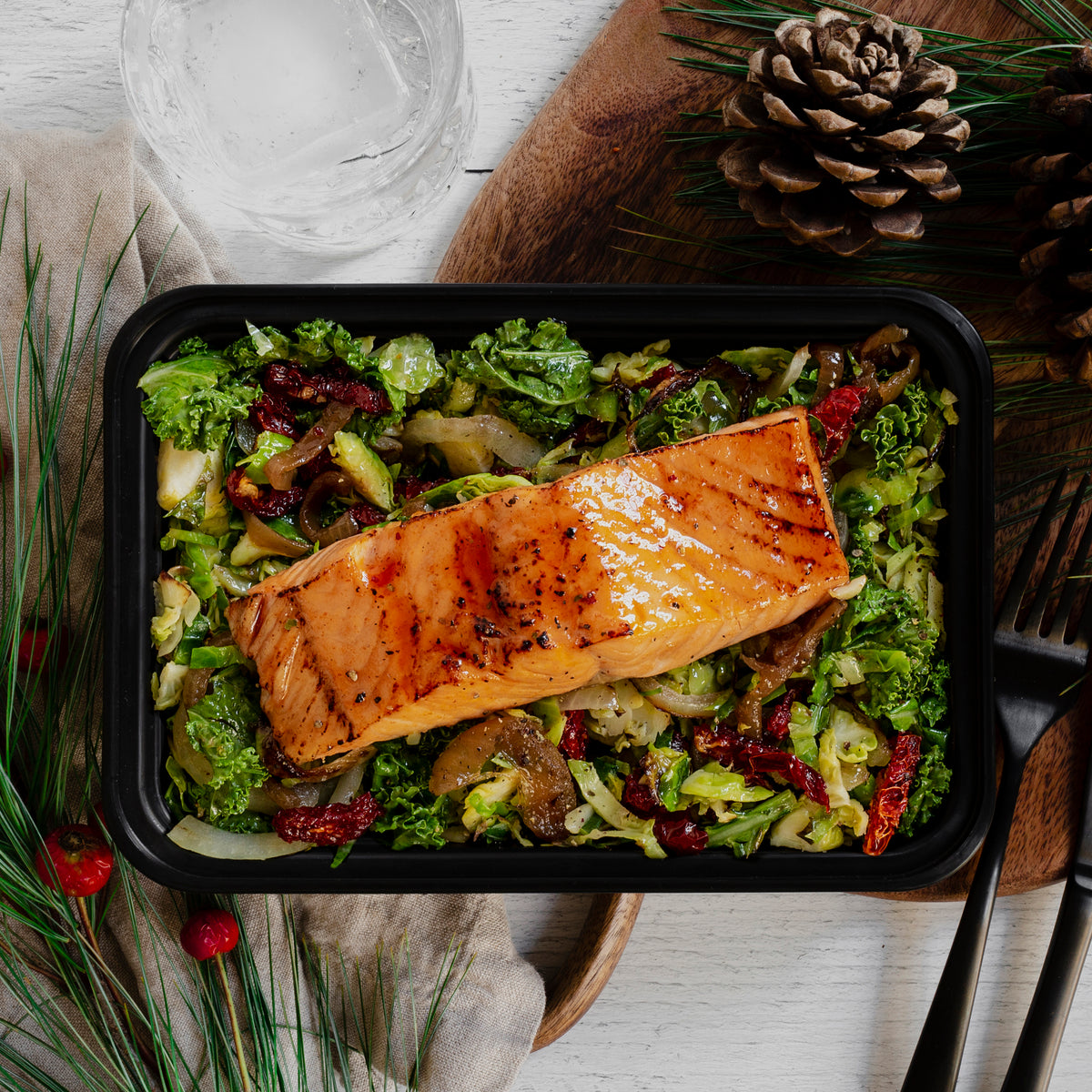What is fat?
Fat is an essential nutrient that you get from your diet. While too much fat can be harmful, it is important that you incorporate some fat into your diet regardless of your health and fitness goals.
Fat is used as a fuel source and provides your body with the energy it needs to properly function. Fat protects your organs and helps your body absorb vitamins A, E, D, and K. It also provides your body with essential fatty acids that it needs for proper brain development, blood clotting, and controlling inflammation.
Fats are broken into two categories; Saturated fats and unsaturated fats. Saturated fats are typically solid at room temperature and found in animal sources such as butter, fatty meats, cheese, cream, and lard. Saturated fats can also be found in some plant sources such as palm oil and coconut oil. Saturated fats often get a bad rap because if they are not eaten in moderation they can raise your LDL or “bad” cholesterol level. High cholesterol puts you at risk for heart attack, stroke, and other health issues.
Unsaturated fats are liquid at room temperature and considered beneficial. They can improve cholesterol levels, stabilize your heart, ease inflammation, and contain high amounts of antioxidants. Unsaturated fats are generally found in plant foods such as vegetable oils, nuts, and seeds.
How much fat do you need in your diet?
The amount of fat that you need in your diet will vary and depend on factors like nutrition goals, overall health, and daily activity. The Dietary Guidelines for Americans suggest that fats should make up 20-35% of your daily calorie intake.
Example:
|
Daily Calories |
Fat |
|
1500 |
50 |
|
2000 |
67 |
|
2500 |
83 |
If you are an athlete or just more active you may need 30-50% of fat daily to keep up with your body's energy needs. If you are on a high fat, ketogenic, or low carb diet your fat intake may also be higher than the general recommendation.
Healthy sources of fat
Avocados. Avocados are rich in heart healthy fats which can help lower your cholesterol and reduce your risk of heart disease and stroke.
Quick and Easy Avocado Toast Recipe
Fatty Fish. Fatty fish like salmon and tuna are packed with unsaturated fats that play an important role in brain and heart health.
Nuts. Nuts are rich in healthy fats, protein, fiber, vitamins, and antioxidants that may reduce the risk of heart disease and type 2 diabetes.
Olive oil. Olive oil is full of unsaturated fats that are great for heart health. It also contains vitamin E, K, and antioxidants.
Dark chocolate. Dark chocolate contains a good amount of healthy fat as well as potassium and calcium.






